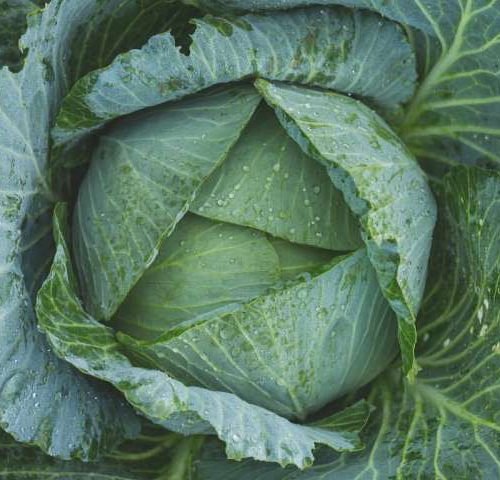by Paul Schattenberg, Texas A&M University A new study led by Texas A&M AgriLife Research scientists shows how a natural compound found in many well-known and widely consumed vegetables can also be used to fight fatty liver disease. The study demonstrates how non-alcoholic fatty liver disease, or NAFLD, can be controlled by indole, a natural...
Category: <span>Nutrition & Dietics</span>
Gluten- and casein-free diets found not to affect behavior of autistic children
UNIVERSITY OF GRANADA A study by researchers from the Department of Psychiatry at the University of Granada (UGR) has analysed the effects of a gluten-free diet and a casein-free diet (that is, one with no milk protein) on the behavior of children diagnosed with autism-spectrum disorders. A study by researchers from the Department of Psychiatry...
Is ‘impossible’ meat too good to be true?
by Scott Gilbert, Pennsylvania State University It sizzles on the grill. But does it fizzle in terms of nutrition? That’s the question when it comes to the new plant-based burgers that are flying off grocery store shelves and restaurant tables. Consumer choices include the Beyond Burger, the Impossible Burger and even Impossible sausage crumbles, which...
Common foods alter gut bacteria by influencing viruses
A group of researchers has brought the idea of food as a medicine one step closer. They have identified certain common foodstuffs that alter our microbiome. Illustration of phage viruses attacking a bacterium. In science today, food and gut bacteria are two topics that are guaranteed to fuel interest and debate. Both, of course, are...
Low-fat diet linked to lower testosterone levels in men
WOLTERS KLUWER HEALTH For the many men diagnosed with testosterone deficiency, losing weight can help increase testosterone levels. But certain diets – specifically a low-fat diet – may be associated with a small but significant reduction in testosterone, suggests a study in The Journal of Urology®, Official Journal of the American Urological Association (AUA). The...
Diet soda may be hurting your diet
by Eunice Zhang, The Conversation Artificial sweeteners are everywhere, but the jury is still out on whether these chemicals are harmless. Also called non-nutritive sweeteners, these can be synthetic—such as saccharin and aspartame—or naturally derived, such as steviol, which comes from the Stevia plant. To date, the U.S. Food and Drug Administration has approved six...
Is Bone Broth Really That Good For You?
If you’re drinking bone broth to boost your collagen, we have bad news. But it does offer other nutritional benefits. ByLeigh Weingus The tradition of boiling animal bones until the water becomes a thick, flavorful broth is hardly a new one. Bone broth dates back to ancient times, but over the past few years, this...
Caffeine may offset some health risks of diets high in fat, sugar
A new study in rats suggests that caffeine may offset some of the negative effects of an obesogenic diet by reducing the storage of lipids in fat cells and limiting weight gain and the production of triglycerides. Rats that consumed the caffeine extracted from mate tea gained 16% less weight and accumulated 22% less body...
Mediterranean diet may help preserve the kidney health of transplant recipients
by American Society of Nephrology A new study indicates that following the Mediterranean diet may help kidney transplant recipients maintain transplant kidney function. The findings appear in an upcoming issue of CJASN. Despite improvements in the survival of transplanted kidneys in the early years after transplantation, loss of kidney function within 10 years still occurs...
Study reveals what causes type 2 diabetes and how to reverse it
As the incidence of diabetes continues to increase globally, the fight against this chronic condition continues. New research explains not only what triggers type 2 diabetes but also how to reverse the condition. The findings also shed light on what leads to remission after reversal for some people. New research looks at the causes of...


